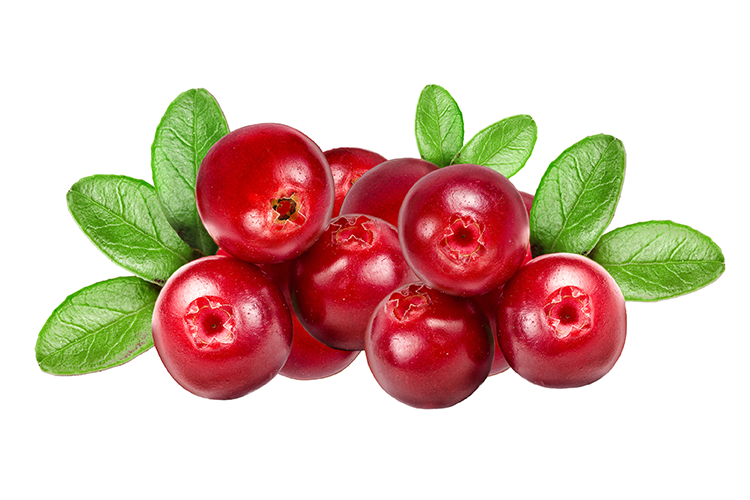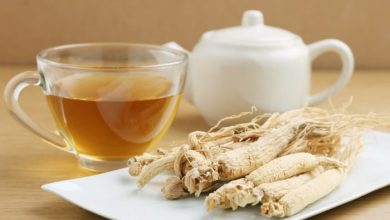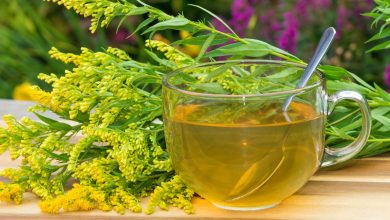Cranberry

What is Cranberry?
For centuries Cranberry has been used as both food and medicine. Native Americans used it to treat bladder and kidney diseases. The British upon arriving in North America quickly learned that the berry can be used both raw and cooked for many conditions. They used it for appetite loss, stomach problems, blood disorders, and scurvy.
Cranberry is well known in the modern world for preventing urinary tract infections (UTIs), commonly caused by bacteria known as Escherichia coli (E. coli). Doctors initially thought that cranberries make urine acidic enough to kill the bacteria. However studies now show that cranberries may prevent bacteria from attaching to the walls of the urinary tract. This also means that cranberry don’t work once a person has a UTI, because it is good at preventing the bacteria from attaching to the urinary tract but not good at removing the bacteria once it has attached.
Cranberry is high in antioxidants which neutralize particles in the body known as free radicals, which damage DNA and cells are thought to contribute to many diseases. Cranberry is also an excellent source of another important antioxidant, vitamin C.
Benefits of Cranberry
- Cranberry is great at preventing UTIs of the bladder and urethra (the tube that drains urine from the bladder), especially for women who have frequent UTIs. It does this by preventing E.coli (the bacteria that causes urinary tract infections) from attaching to the urinary tract
- Cranberry prevents the bacteria Helicobacter pylori from attaching to stomach walls. H. pylori causes stomach ulcers, so cranberries may play a role in preventing stomach ulcers
- Some studies suggest that cranberry may help stop cancer cells from growing
- Drinking cranberry juice raises HDL “good” cholesterol levels
- Cranberry may have antiviral properties as it has been found to fight some viruses in test tube
By : Natural Health News




